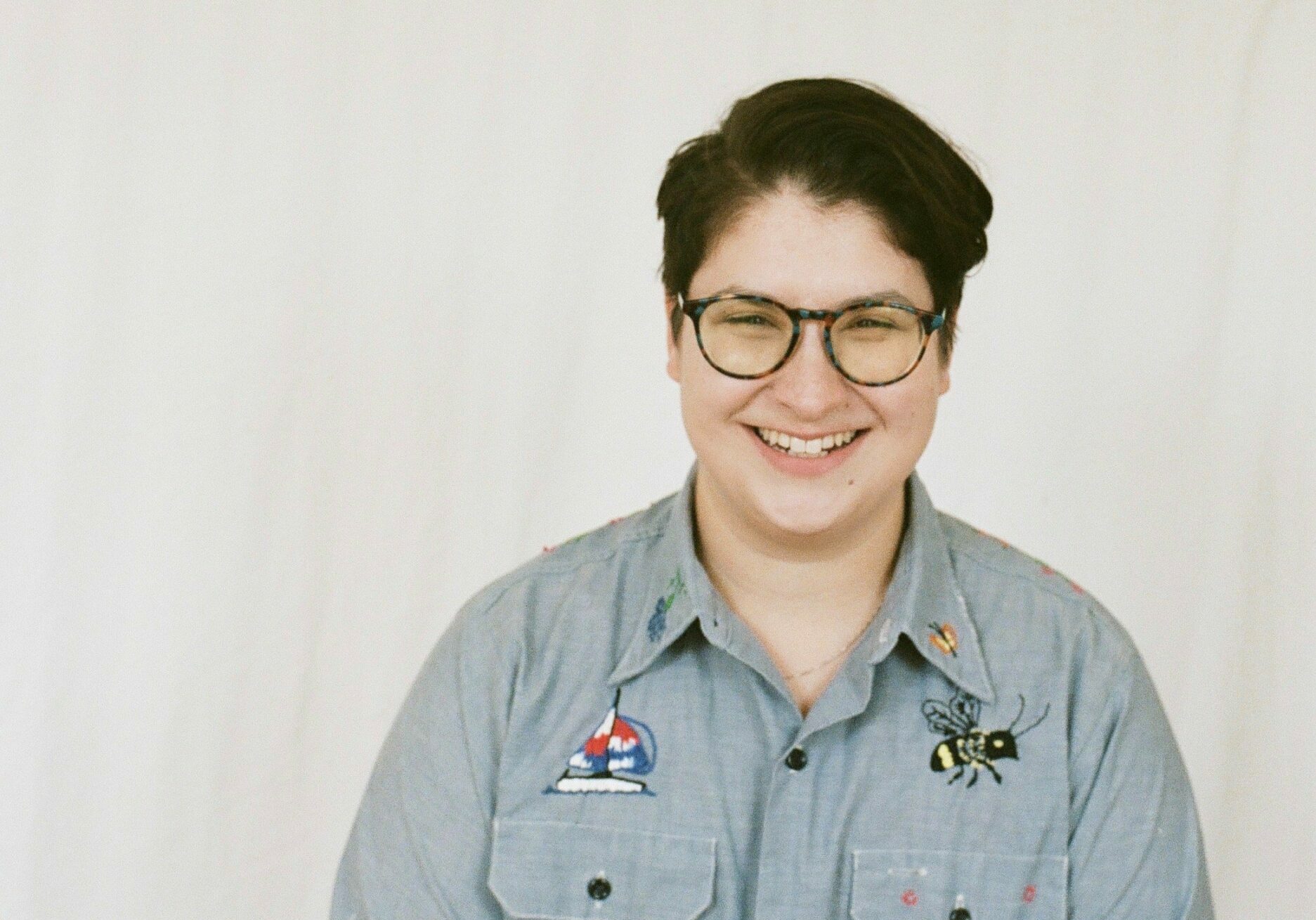
by Michele Kirichanskaya | Mar 1, 2024 | Blog
Lindz Amer (they/them) creates LGBTQ+ and social justice media for kids and families. They wrote, produced, and cohosted Queer Kid Stuff—an original LGBTQ+ educational web series for ages three and up—which The Huffington Post called a “groundbreaking YouTube...

by Michele Kirichanskaya | Mar 6, 2020 | Blog
A non-binary author with a love for baking and gardening, Mason Deaver (They/Them) is the best-selling author of their debut book, I Wish You All the Best. One of the first YA books featuring a non-binary protagonist written by a non-binary author, I Wish You All the...




